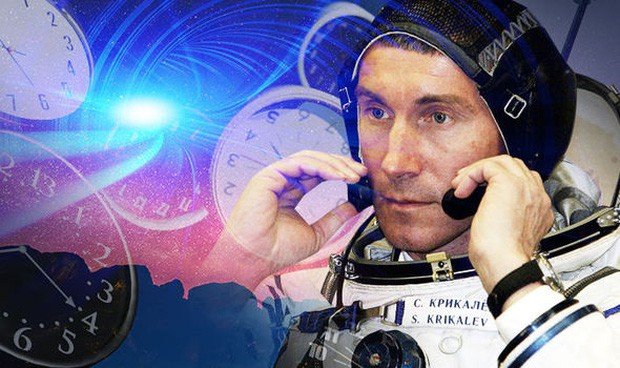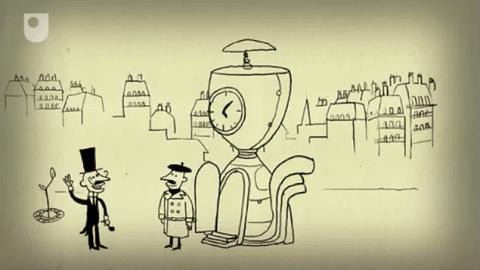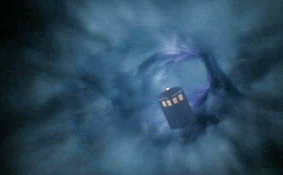The theme of time travel is always mentioned in science fiction films and novels.
There was even an astronaut who experienced that feeling, even for just 0.02 seconds.

But traveling to the past is not so smooth.
And even if it could be done, it’s unlikely that anyone would dare to do it.
1. The grandfather paradox
This is one of the very basic paradoxes of traveling to the past, mentioned by scientist René Barjavel in the book Le Voyageur Imprudent (1943).
Specifically, suppose time travel is possible, and one has actually traveled to the past.
And this is where the paradox occurs.
In fact, in the theory of time travel, the phrase `grandfather paradox` is commonly used for actions that make it impossible to travel back to the past from the beginning.

For example, a scientist creates a time machine, returns to the past and kills himself.
Many experts have used this paradox as proof that traveling to the past is simply impossible.
However, some fictional scientists believe that the paradox only serves to prove that we cannot change the past, and that travel is still possible in one way or another.
2. Paradox of predestination
Simply put, this paradox means that all events in the past are predetermined and cannot be changed, and the effects of the future only contribute to completing that past.
For example: A goes back to the past to save his friend from a traffic accident.
In other words, the person who caused the accident was A in the future, while A in the past always wished to travel through time to save you.
This paradox shows that if a person can travel in time, it proves that he or she was once in the past, and that existence is important to shaping the future.
But then the question is: if A had not tried to save you from the beginning, that loop would never have appeared.
3. Boostrap paradox – cause and effect paradox
Similar to the predestination paradox, the boostrap paradox also states that even if future travel is real, any object’s impact on the past also affects its existence in the future.
For example: A goes to the past with the intention of sightseeing, and accidentally hums a melody by musician B in the future.

Just like the Grandfather Paradox, many experts have even thought about the scenario of space-time collapse if this loop really happens.
Source: Time Travel, Time Travel Paradox
